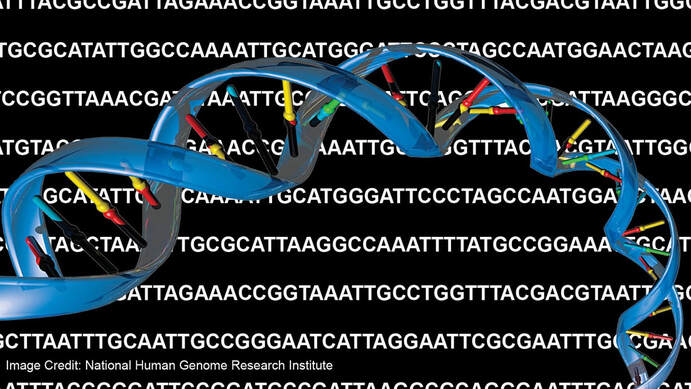|
John writes …
I am composing this in January 2021, a month in which the UK has entered another phase of ‘lockdown’ in order to control the spread of the coronavirus SARS-CoV-2, which causes the disease Covid-19*. Our lives are very restricted but thankfully we are encouraged to go out in ones or twos or small household groups for exercise. I have had much more time to observe and consider the natural world in a different way from research work in the lab. Going out regularly in the same locations, whether on foot or by bike makes me very aware of the cycle of nature. Days are already 30 minutes longer than at the winter solstice. The buds of deciduous trees are beginning to exit from dormancy and some cold-tolerant plants and trees have started to flower. The annual cycle of seasons was of course also known in Biblical times although the specific reasons for the seasons (the passage of the Earth around the Sun, coupled with the tilt of the Earth’s axis) were not known. Indeed, from early in human history, any group of people who did not live close to the equator (where daylength is constant or nearly so) would have been aware of the annual changes in season and the resultant changes in the biological world, including new growth, flowering and fruiting, bird migration and so on. In the Bible we can also see a sense of wonder at the natural world. Psalmists were amazed and in awe of the starry heavens; Job wrote extensively and wonderingly about both physical and biological aspects of nature; Jesus himself talked about the beauty of wild flowers. And we, many centuries later, also react in awe and wonder as we know about and understand so much more about our planet and the ‘balance of nature’ thereon (see especially Chapters 5 and 8 of the book). Indeed, as I have described in the Preface and in another blog (Magic and Metamorphosis), my wonder in response to the natural world was one of the factors that led me into science. All this brings me to the BBC, Britain’s national non-commercial broadcasting organisation. Currently, they are running a weekly series (five episodes in all) called A Perfect Planet, with commentary by ‘national treasure’ David Attenborough (see BBC One – Introducing A Perfect Planet and also BBC iPlayer). The filming is truly wonderful, bringing us everything from volcanic eruptions through ecosystem dynamics, predator-prey relationships to the minutiae of certain plant-animal interactions. In the latter category we learn about the role of the fig wasps in pollination of figs (Ficus species). It is a story as specific as, but even more bizarre than the pollination of Yucca that we describe in Chapter 8 (see Fig wasp | insect | Britannica). In the TV programme, we learn about the essential role of tectonics and volcanoes, about being the right distance from the sun (the Goldilocks zone). We learn that ‘Our planet is one in a billion’ and that … ‘incredible, awe-inspiring life is driven by its natural forces’. And, in the final episode we will learn about what humans have done to the balance of nature, leading to the ecological crisis and the climate emergency. Overall, it is as if someone at the BBC has read From the Big Bang to Biology … and has set out to make a wonderful film of the book. But there is of course one thing missing. One of the features that comes over strongly in the films is a sense of awe and wonder that is almost religious in tone but there is no mention of God. This is not a criticism of the programmes - they are not part of the BBC’s religious broadcasting – and yet we wonder whether the sense of awe and wonder that comes over so strongly will lead to any viewers, or indeed, any members of the production or presentation teams, to ask deeper questions, questions that require more than science and good filming to reach an answer. John Bryant Topsham, Devon January 2021 ____________ * This raises the difficult topic of disease and suffering. I do not deal with it here but readers may be interested to look at Café Théologique an online interview: A God of Genes and Viruses - Prof John Bryant. See also Perfect Planet: A Statement in Response - Ruth Valerio.
0 Comments
Leave a Reply. |
AuthorsJohn Bryant and Graham Swinerd comment on biology, physics and faith. Archives
July 2024
Categories |

 RSS Feed
RSS Feed
